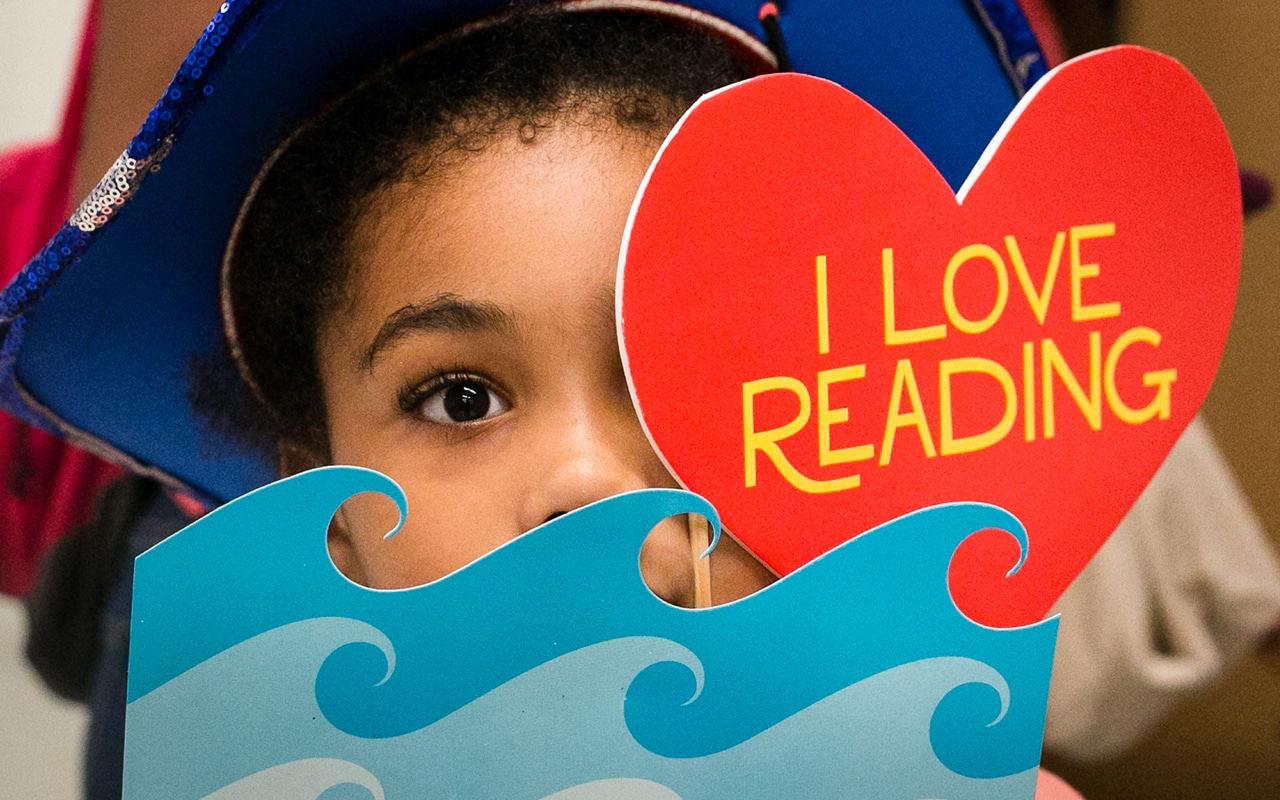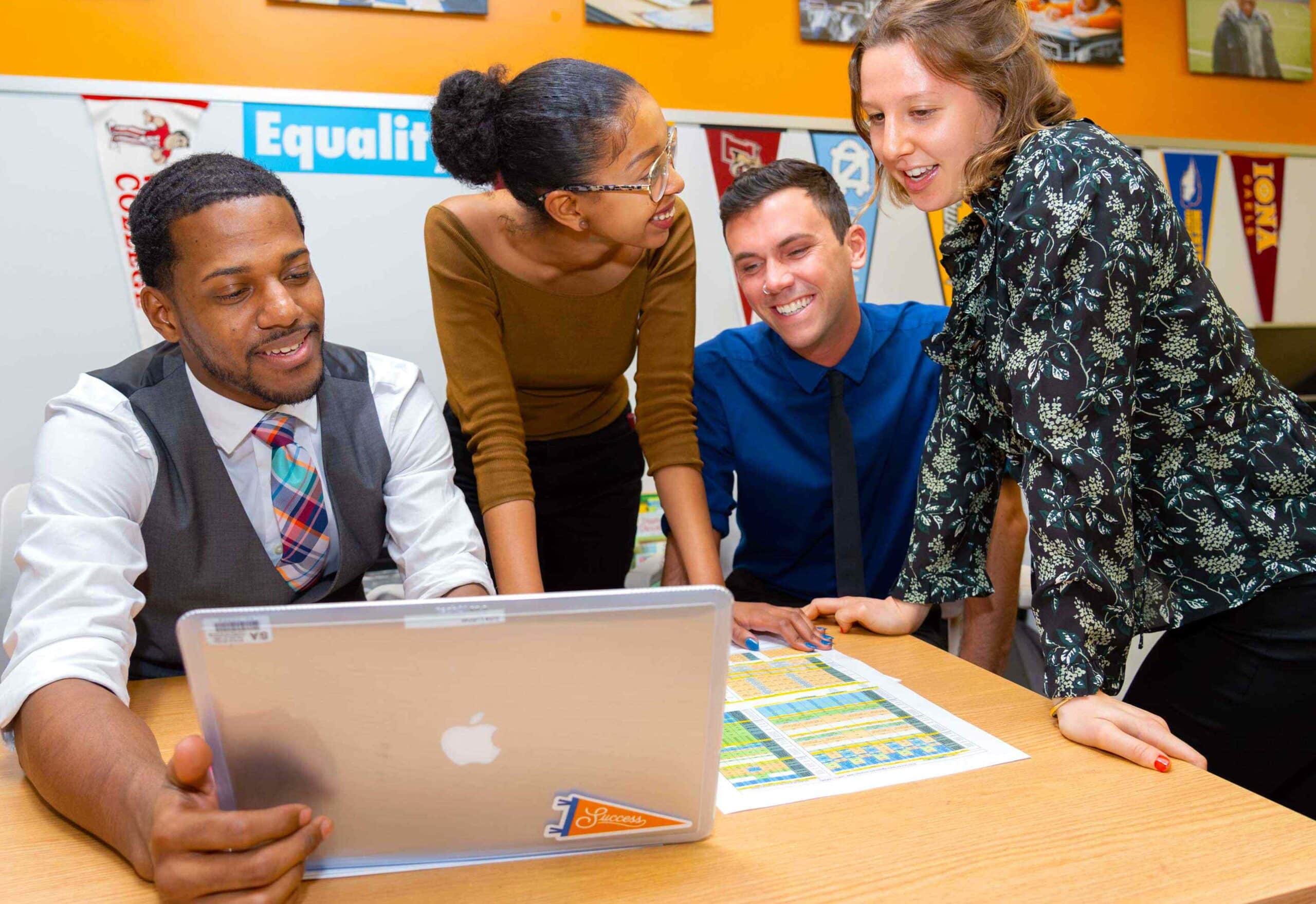Teaching kids to read is vitally important. Teaching them to love it is transformational.

Mine was Bridge to Terabithia. Joe barely made it through Where the Red Fern Grows, then nearly wore out the binding. Josh called The Giver “a crusher.” Each of us remembered it so vividly: That feeling when, all of a sudden, the place where you’re sitting isn’t the place you actually are. Number the Stars. To Kill A Mockingbird. Little Women. The list went on and on.
All of this highlights an essential nuance in our conversation about what it would look like to deliver on the promise of public education. Teaching kids to read is vitally important. Teaching them to love it is transformational.
Early this spring, I joined the team at Success Academy, whose students and teachers spend most of their days defying expectations, then turning around and defying them again. A million tiny ingredients go into what these inspiring people achieve — it’s honestly dizzying. But underneath all of it — across grades levels and boroughs and backgrounds and backpacks — burbles one thing: a downright conspiracy to help kids fall head-over-heels for books. If this were a novel, it would be a love story, no question about it.
I can almost picture my own arc in the books I was privileged and free enough to fall for hard, thanks largely to the educators who led me to them. Cornel West in high school; James Baldwin in college; Anne Lamott and John O’Donohue in freshly minted adulthood; James Baldwin again, years later (and so different), in grad school. Each gave me a window. Each offered a door.
Today, Success released its Middle School Literature curriculum — a playbook designed for educators as they seek to bust more of these doors and windows wide. This afternoon, hundreds of families from across New York City will gather to mark the occasion. Our first-ever Read-A-Palooza celebrates what happens in classrooms and models what it looks like for grown-ups to leave no-page-unturned in the effort to get kids googly-eyed over the transformative power of the books.
If you’re in the neighborhood, you’ll find a few of our heroes — crusaders for reading, reading, then reading some more. Bestselling children’s author Kwame Alexander — the self-proclaimed “Bono of poetry” — will take students on a spin through his 28 highly-decorated books and his unwavering faith in the capacity of verse to change the world. Noelle Santos, founder of Lit. Bar, will explain how her heartbreak over the closing of the very last bookstore in the Bronx inspired her to open her own. And Michele Caracappa, Success’ Chief Academic Officer, will offer a peek behind the curricular curtain. Over hours and hours, across years and years, her team set out to build an approach that would empower teachers to channel their own love of reading to instill the same in students. Just the right books, just the right passages, just the right prompts — all for a kind of love that can make a person feel free.
… underneath all of it — across boroughs and backgrounds and backpacks — burbles one thing: a downright conspiracy to help kids fall head-over-heels for books.
This morning on the subway, another book made me cry. A bit more controlled than back in my Terabithia days, but it felt just the same.
“This, more than anything, is about everything,” writes Hanif Abdurraqib, in his stunning They Can’t Kill Us Until They Kill Us, a tribute to the power of writing down beautiful things, even when things feel less than beautiful. A poet turned essayist, Abdurraqib knows what all readers do: At the end of the day, reading, more than anything, is about everything. Let’s make sure students get nothing less.
"*" indicates required fields
Access a wide array of articles, webinars, and more, designed to help you help children reach their potential.
NEWSLETTER
"*" indicates required fields
